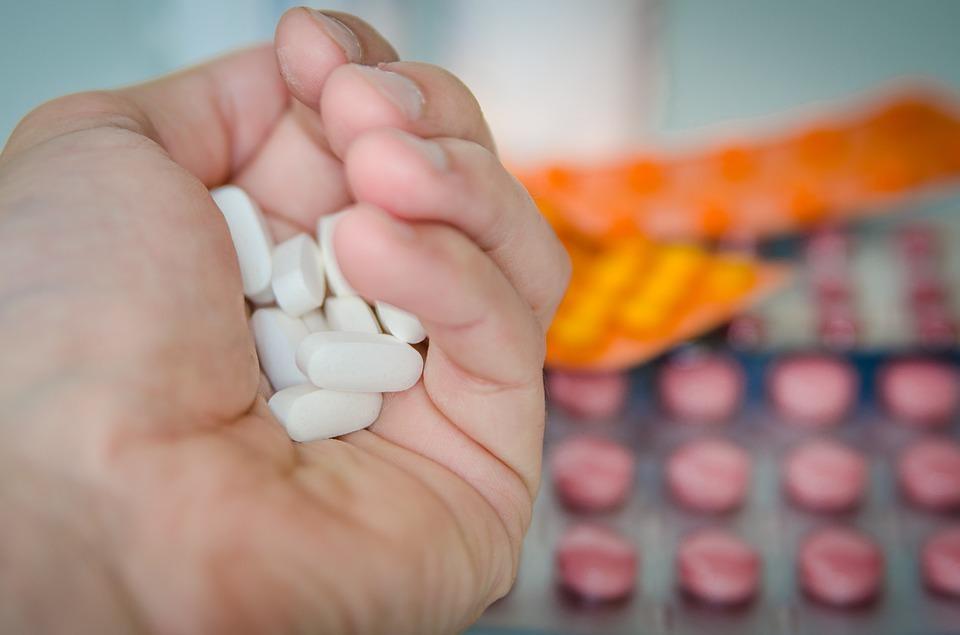Research published in Nature Communications reveals women are up to 75% more likely to experience adverse reactions to prescription drugs compared to men.
The study from The Australian National University (ANU) suggests this is because of a range of differences in traits between the sexes, with the researchers saying more should be done to take this into account when treating diseases.
Lead author of the study, Dr Laura Wilson says these adverse reactions were previously thought to be due to differences in body weight, but the reality is not that simple.
“Women are often prescribed drugs at the same dose as men despite having on average a lower body weight, meaning they often receive a higher relative dose,” Dr Wilson said.
“We analysed over two million data points, capturing over 300 traits in mice, a preclinical disease model, and it’s clear females aren’t just smaller versions of males. Meaning these drug reactions are unlikely to be alleviated by adjusting the dosage for body weight.
“Our analyses showed sex differences in many traits that cannot be explained by body weight. For example, iron levels and body temperature, morphology traits such as stored fat, and heart rate variability,” she said.
According to the researchers, we know much less about how women experience disease.
“Most biomedical research has been conducted on male cells or male animals. It has been assumed any results will apply to females as well,” Dr Wilson said.
“But we know men and women experience disease differently, including how diseases develop, the length and severity of symptoms and effectiveness of treatment options.”
Women are often worse off as a result.
“For example, crushing chest pain is often cited as a primary symptom of heart attack. While this might be common for men, it’s a much less common symptom for women. Women are more likely to experience intense nausea,” Dr Wilson said.
“Our study could help clarify the nature of the differences in responses to certain drugs and provide a path forward to reducing drug reactions.”
To read the study, visit: nature.com/articles/s41467-022-35266-6








